Dune: Part Two
Released March 1, 2024
Written and Directed by Denis Villeneuve
* Minor Spoilers - discusses Part One , the opening scene, and general themes that are separately marked below*
Science fiction and fantasy filmmaking at its finest. Denis Villeneuve has done it again bringing to film the second half of Frank Herbert’s notoriously difficult to adapt novel. I have read Dune a few times but am no expert and haven’t read beyond Dune: Messiah, so I'll try to look at the movie as its own entity. However, there are big changes made from the book, some are good, others are neutral, and a few were unfortunately detrimental to the story. Of course liberties must be taken when adapting any novel to film, especially one as complex as Dune. Still there are moments that are ripped straight from my mind’s eye, perfectly translating the text to screen.
The book is full of inner monologues but there is virtually no narration in the film, aside from a single character dictating a journal. Villeneuve conveys emotion, struggle, and complicated dilemmas with minimal dialogue. Unfortunately, this is where the movie suffers the most in its translation to screen. Characters appear far more singular in their convictions and we were deprived of the inner conflict they experienced in the novel. Perhaps that’s unfair because Dune: Part Two is a fantastic example of showing instead of telling. For a world that is full of complicated lore, the audience is given everything it needs to know without lengthy exposition. My opinion is inherently tainted because I likely compensate for missing information with what I knew from the book. So I am curious how much of that depth is conveyed to someone who hasn’t read the book. While not as deep an experience, I can’t imagine a better way to adapt 300+ pages into a movie clocking in at 2 hours and 46 minutes.
Despite the lengthy run time Dune: Part Two is remarkably fast paced. The story picks up right where Part One ended and the beginning focuses heavily on Paul and Jessica’s introduction to the Fremen culture. Thankfully taking it’s time so the audience is slowly immersed just like our lead characters. I was pleasantly surprised with the humour of this section. It was amazing to hear a packed crowd burst into laughter as we follow an indigenous culture mounting an armed resistance against foreign occupation. That is not light subject matter but Villeneueve did such a wonderful job endearing us to the Fremen characters and their culture.
Our main host into this society is Stilgar, played by Javier Barden (No Country for Old Men). His ability to shift from stern and reverent disciple to a kind hearted mentor is remarkable. His comedic timing was impeccable and most of the humorous moments came from him. I do feel this comedic focus and the less discerning attitude of his character was a negative change from the book, but I appreciated the levity it added to the experience.
Zendaya (Euphoria) gets a way more screen time and replaces Paul as the audience surrogate for this part. I wasn’t entirely sold on her casting in Part One but after seeing Part Two I am convinced she was a great choice. She is confident, skeptical, and vulnerable all at the same time. The movie isn’t shy about giving her that range of emotion and Zendaya conveys it with greater subtlety than I have seen from her before. I don’t blame either actor but the romance between Chani and Paul was a bit undercooked. They have great chemistry but the audience wasn’t given enough to establish why they should be together. This is far from Anakin and Padme in the Star Wars prequels but it was one of the weaker parts of the narrative.
Paul Atreidies, played by Timothée Chalamet (Wonka) makes some massive character developments. Where Part One showed him as a curious boy thrust into a world of conflict, Part Two elevates him to a strong and foreboding leader. His character shift is so distinct that he essentially plays two separate roles. Chalamet shows incredible range, gaining decades of wisdom, maturity, and resolve before our very eyes.
Likewise, Rebecca Ferguson (Mission Impossible) shows a similar transformation as Lady Jessica. She still delivers a lot of her lines with a clenched hiss like in the last movie but this time those lines are thankfully easier to hear and more appropriate for where her character is at. Like Paul, she undergoes a transformation that turns her into a substantially different character. This is where I wish Villeneueve somehow showed that the old Jessica is still there, like in the book. Her character is somewhat flattened and inexplicably driven without that inner voice.
Part Two introduces us to several new characters, including the Imperial royal family. Christopher Walken (Catch Me if You Can) as Emperor Shadam does an excellent job playing the aged ruler of the universe. Casting someone recognizable like Walken is tough, he does his best not to fall into his signature voice but you can’t help but hear him instead of the character. I was fine with his performance but would have preferred someone who could get lost in the role. We also see the Emperor’s daughter, Princess Irulan, played by Florence Pugh (Oppenheimer). With limited screen time she still embodied the wisdom and regality her character deserves.
The most consequential new addition is Feyd Rautha, Baron Harkonnen’s nephew played by Austin Butler (Elvis). I love how accurately he mirrored the gravely voice Stellan Skarrsgard used for his portrayal of the Baron. Butler’s performance is disturbing and ominous and he sells the character’s arrogantly unhinged sadism with body language alone.
Butler also shines in his fight scenes and this carries through with all of the movie's hand-to-hand combat. The camera pulls back at times to give us spatial awareness but also moves in tight without compromising the incredible choreography. It's just messy enough to feel real, but also shows the meticulous timing and the otherworldly skills the characters possess. The action scenes as a whole are phenomenal and there are a lot of them. Part Two leans harder into the spectacle, but not to the detriment of it’s story. To the contrary, each action scene develops character while moving the plot forward. The opening scene is perfection, seeing the Fremen use their guerrilla techniques against a band of Harkonnens was an incredible way to set the stage for the plot as well as showing Paul’s dynamic with the Fremen.
The visuals for that scene and the rest of the film were breathtaking. The opening took place during a solar eclipse and the lighting shifts from a low angled sun with long shadows to a full orange glowing desert when the eclipse reaches its peak. The colour grading and lighting throughout this film is on another level. There is a lengthy sequence on the Harkonnen home world, Geidi Prime, where everything is seen in a desaturated and infrared black and white. This isn’t just a stylistic choice, it has a reason in the lore due to that planets sun. Regardless of making that clear or not the contrast between their culture and the Fremen was conveyed through colour alone.
Even more than Part One this takes advantage of the IMAX format. There are some scenes in the full 1.43:1 aspect ratio, which I couldn’t see at my local “LieMAX” theatre, but even there everything was in a 1.90:1 ratio. Essentially the movie filled the entire frame of the screen for the entire run time. Unlike Part One which had a handful of scenes where things switched to a non IMAX scope ratio, they committed to the larger framing and the presentation benefited from it greatly. Seeing giant sand worms rip through a desert storm while clouds of grainy sand rip past you was a visceral experience.
Likewise the sound is equally epic. This is one of the most well designed soundscapes I have ever experienced in a cinema. The aforementioned sand worm scenes are incredible. The way the sound shoots past the audience using the speakers above and around the theatre to give the feeling of being bombarded by sand is surreal. Similarly, a few scenes with the signature ornithopters would have your seat and whole body vibrating along with the beating bladed wings. The sound is loud but so well mixed that, unlike Part One, I did not have any trouble understanding dialogue even in busier scenes. Laser beams, crowds cheering in a colosseum, and the clanking of blades all felt so real that I couldn’t help but be fully immersed.
Hans Zimmer returns as composer and absolutely outdoes himself. I knew he'd deliver but this is truly remarkable and one of Zimmer’s best scores ever. The existing motifs from the last movie are expanded on, using synthesizers and a more mechanistic industrial texture. It’s not just bombastic and over the top, when he slows down and isolates a single string quietly humming it's both ominous and magical. Since watching the movie I have been blasting this score and find myself constantly in awe.
I do want to make a few final comments about the story and some of its themes. I’ll keep this vague to avoid spoilers but if you absolutely want to know nothing I would skip this next paragraph.
* some mild spoilers *
Frank Herbert's novel delivers a nuanced and critical perspective on the idea of manipulating faith for power. It doesn’t outright condemn religion but it certainly could be read that way. Rather Herbert’s perspective remains reverent while showing concern for how people’s convictions can be used against them. Denis’ ending is a significant departure from the book and he forgoes the ambiguity of the novel in favour of setting up an adaptation of the subsequent book in the series, Dune: Messiah. While I can’t say for sure how things will conclude, Villeneuve will have to make some tough choices in adapting the next book. I am curious to see where he goes and what further changes he makes. It is a shame that much of the appreciation Herbert had for the Fremen's real world cultural sources is a bit lost in Denis’ vision. I get why directly portraying Fremen as pseudo-bedouin Arabs could be problematic but I wonder if some of the magic of the book was lost, at least for me, by shying away from Herbert’s balanced approach towards appreciating those cultures.
*end of spoilers*
That aside, Denis did completely nail the anti-colonial themes from the book. The real world comparisons are immediately obvious and he brilliantly portrayed the resistance effort, the shadowy manipulations of foreign powers, and the greed colonial nations have for the natural resources of indigenous populations. It’s wild that one of the biggest movies of the year is able to portray those themes to a mass audience.
It is impossible to judge Part Two as a completely stand alone film because that is not what it is. Book comparisons aside, it is truly a second half to the story. You can’t appreciate this without the first film and they work wonderfully as whole narrative. At the same time they are independent in so far as telling conclusive arcs for their characters at different stages of development. Dune: Part Two is a triumphant success on all fronts.
Dune: Part Two is an incredible feat of filmmaking that met or exceeded my already high expectations. It’s not perfect but I struggled to find fault in it. Any criticisms I have (aside from changes from the source material) are minor. Unless you are trying to be a contrarian or a Frank Herbert fan upset with the changes, there is little to dislike. It does everything an epic sci-fi adventure should, all while tackling a heavy story that deals with colonization, armed resistance, political manipulation, and messianic religious figures. That is a triumph to be recognized even if you don’t agree with its message or like this type of story.
9.5/10 - Whether as a sequel, second half, or even stand alone movie, Dune: Part Two is excellent and a near masterpiece. Landing just shy of perfection. I think I will need to watch it a few more times, and perhaps see where Denis takes the story next to decide if that changes. For now, I can say with the utmost confidence that this is one of the best theatre experiences I have ever had and one of the most immaculate adaptations of a novel since Peter Jackson’s Lord of the Rings. Denis Villeneuve has solidified his place as one of the best directors of our time, and his work has honoured the source material to a rank it deserves. Dune: Part Two has set a new standard for grandiose science fiction cinema, and it will take a lot to come close to eclipsing it.


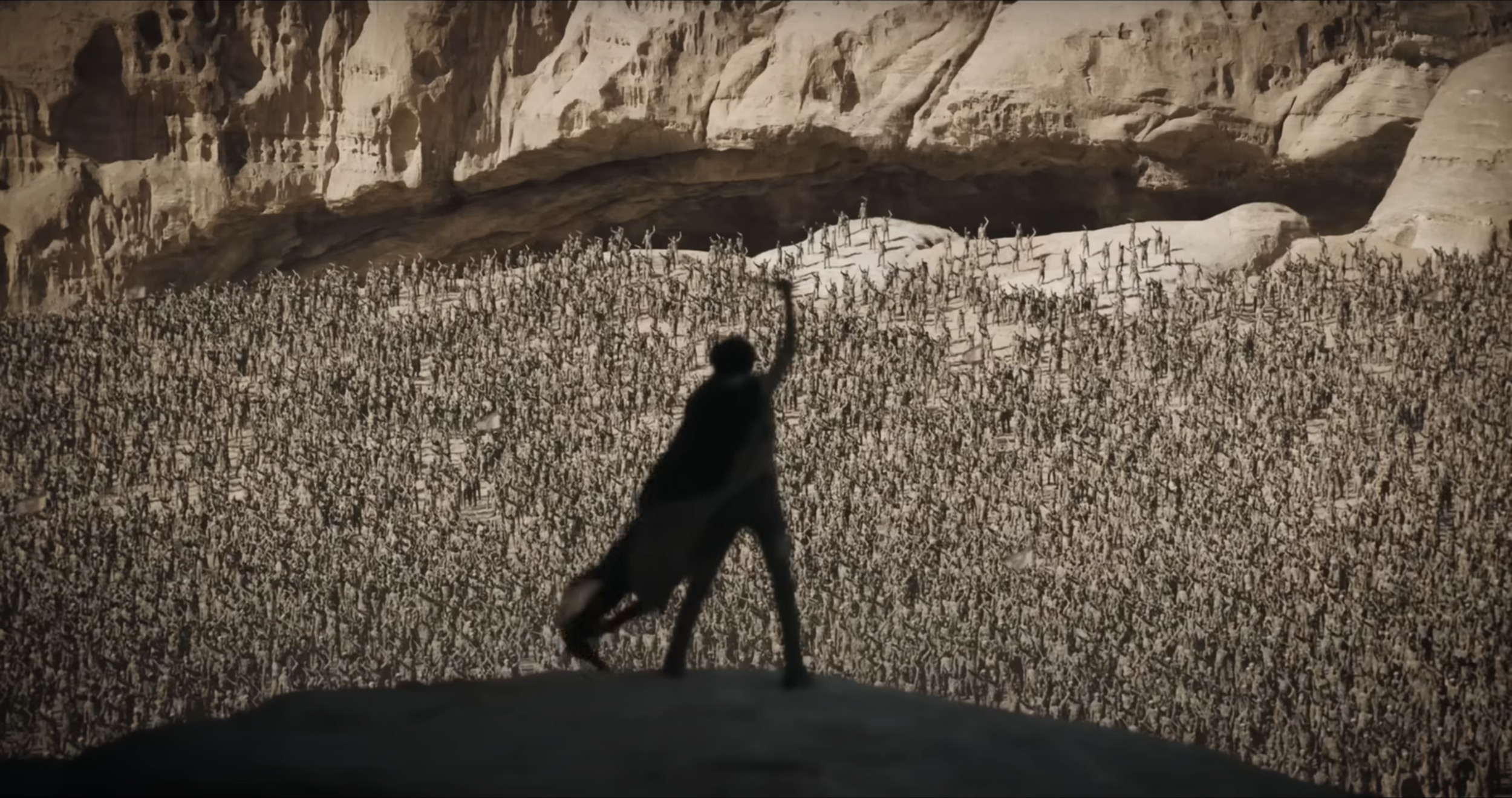



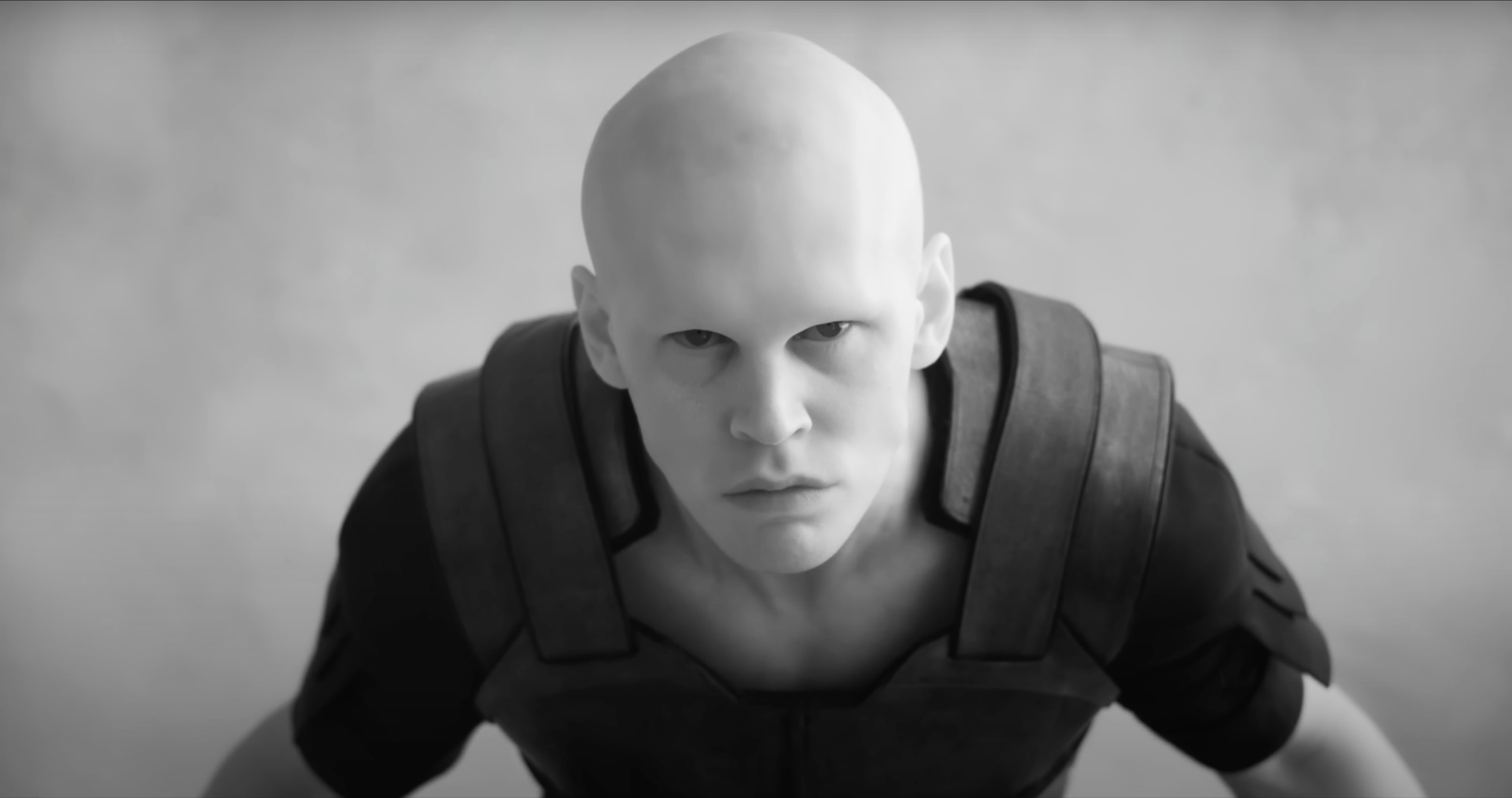
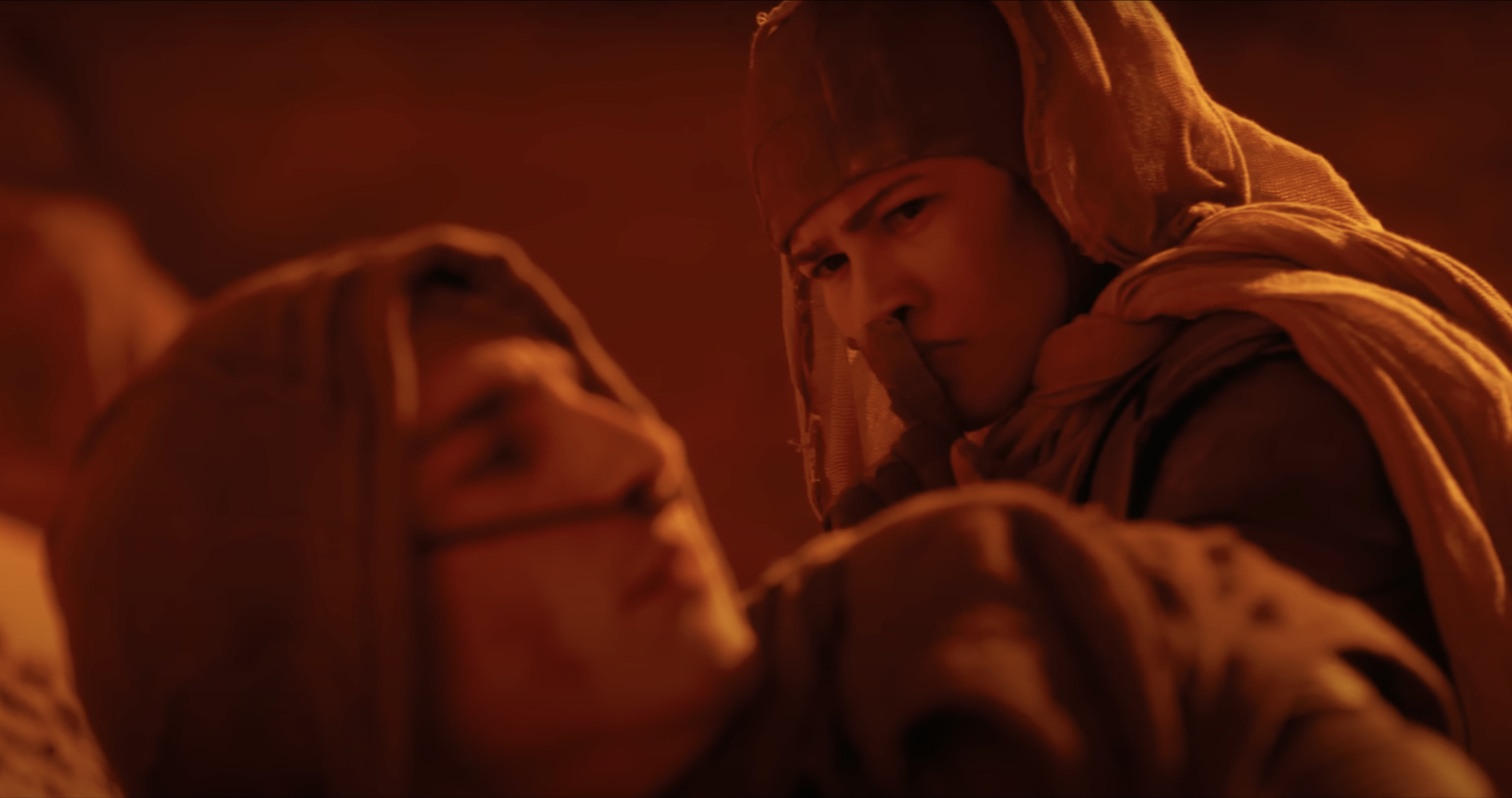


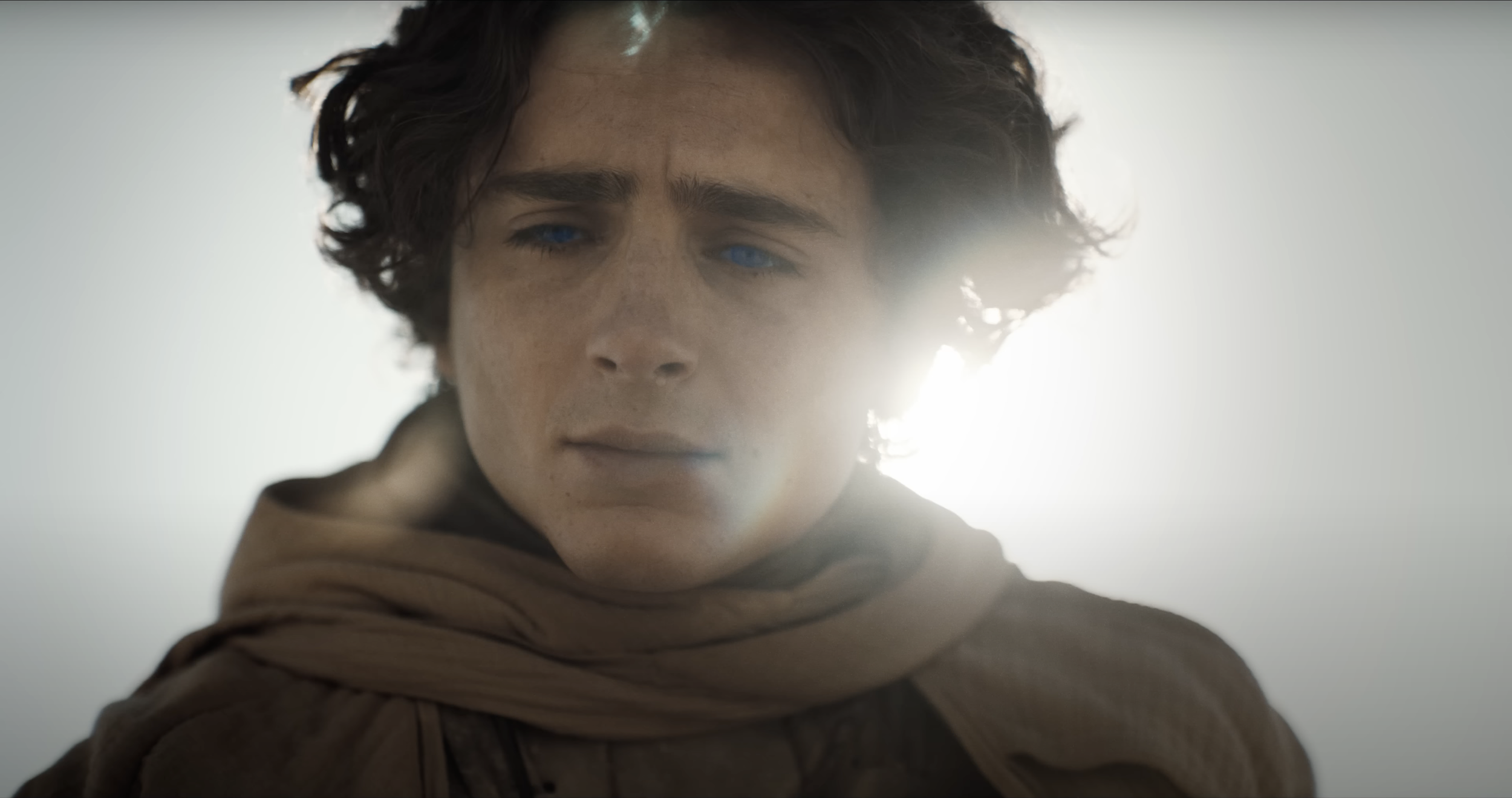
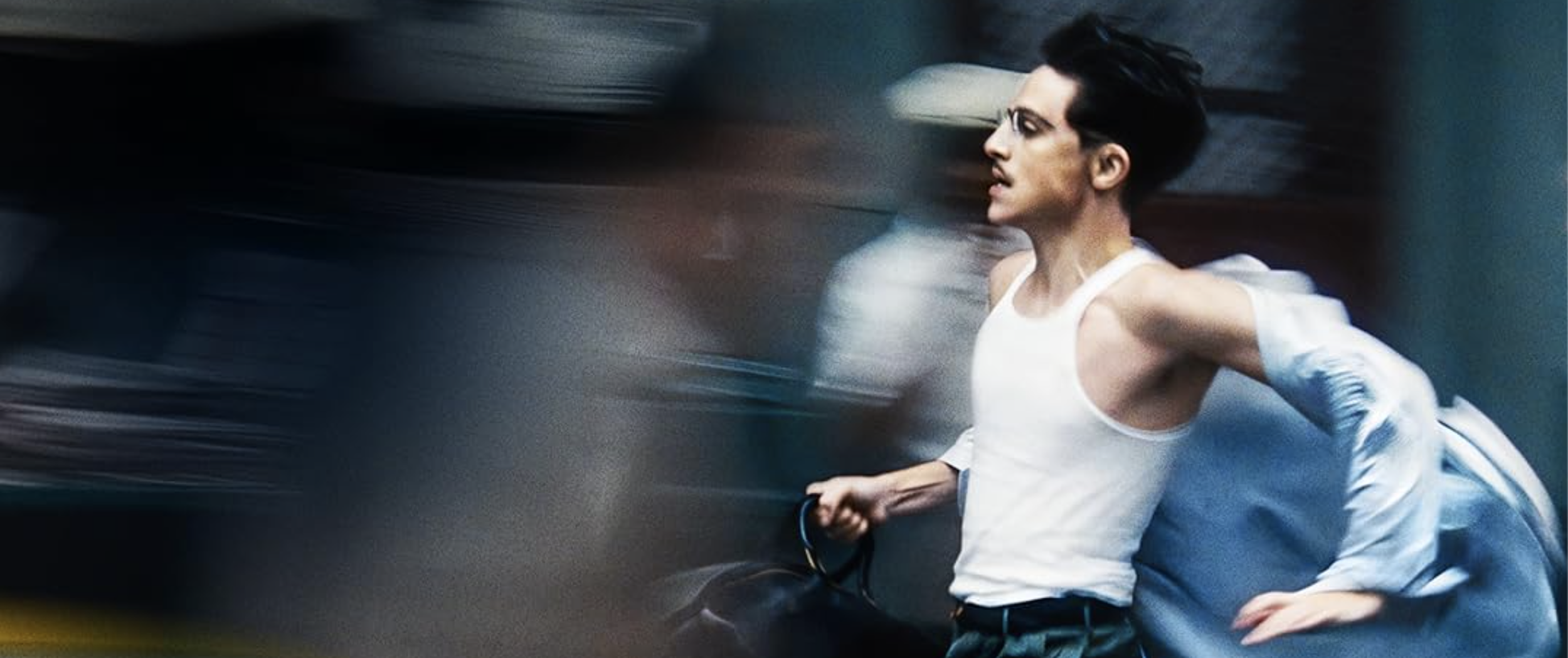

2025 was a busy year for cinema, full of unforgettable theatrical experiences and deeply personal films. Here are my Top 10 favourite films of the year!